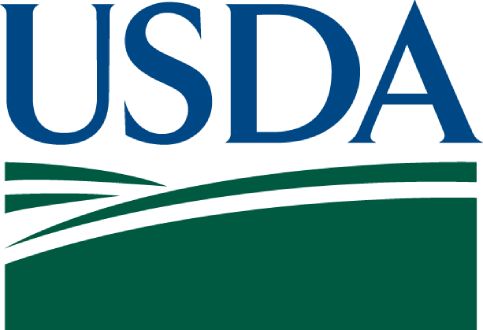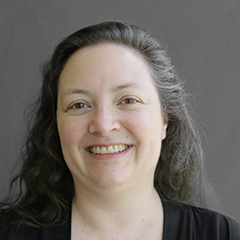U.S. Department of Agriculture, Food and Nutrition Service

Simplifying the certification process for children who qualify for free school meals is a federal priority. The Healthy, Hunger-Free Kids Act of 2010 required the USDA’s Food and Nutrition Service to conduct a demonstration adding Medicaid to the list of programs used to directly certify students for free school meals. Under the Direct Certification with Medicaid (DC-M) demonstration, students are eligible for free meals if they are (1) enrolled in Medicaid, and (2) live in a household with a gross income below 133 percent of the federal poverty level. Other students in a household with a child who meets these two criteria are also eligible.
Early in the study, an access evaluation used data from school year 2011-2012 to simulate DC-M to estimate the potential impacts on National School Lunch Program and School Breakfast Program certifications. The core of the study was a participation and cost evaluation that examined the impact of DC-M during the first two years of the demonstration. This evaluation measured impacts on certification, participation, and costs in school years 2012-2013 and 2013-2014. It also identified challenges that states and districts faced in implementing DC-M. The findings are presented in two reports to Congress.
Five states—Florida, Illinois, Kentucky, Pennsylvania, and New York City—participated in the first year of DC-M (New York City was considered a separate state for the study). One other state, Massachusetts, and additional districts in Florida, Illinois, and New York joined the demonstration in the 2013-2014 school year. In Florida, Illinois, Massachusetts, New York City, and New York state, districts were randomly assigned to a treatment or control group. Data from these random assignment states were used to measure the impacts on certification, participation, district certification costs, and federal reimbursement costs. State administrative cost and challenges were evaluated in Kentucky and Pennsylvania
Findings from Year I
- DC-M increased the direct certification rate by seven percentage points in New York City (the only random assignment state that began, and correctly implemented, DC-M sufficiently early in year 1 for certification impacts to be estimated).
- The increase in the total percentage of students certified for free meals by any method, including direct certification and certification by application, is smaller—less than six percentage points in New York City—because some of the students who could be directly certified under DC-M would be certified for free meals by application in the absence of DC-M.
- DC-M increased the percentage of lunches served for free by one percent in New York City but did not have a statistically significant impact on that rate in Florida.
- DC-M increased the percentage of breakfasts served for free by three percent in Florida but did not have a statistically significant impact on that rate in New York City.
- DC-M had no statistically significant impact on federal reimbursement costs in either Florida or New York City.
- Challenges related to staff availability or turnover, understanding Medicaid agency timelines for systems changes, and developing specifications for creating the initial DC-M eligibility file resulted in implementation delays in some states.
Evidence & Insights From This Project

Evaluation of Demonstrations of National School Lunch Program and School Breakfast Program Direct Certification of Children Receiving Medicaid Benefits: Year 1 Report (Summary)
A demonstration that directly certifies students for free school meals based on income eligibility identified through Medicaid data.
Learn MoreRelated Staff
See Clearly. Act Quickly.
Our experts can help you make smart, sustainable decisions. From local to global challenges in health, human services, and international development, we’re here to improve public well-being and make progress together.
Work With Us

